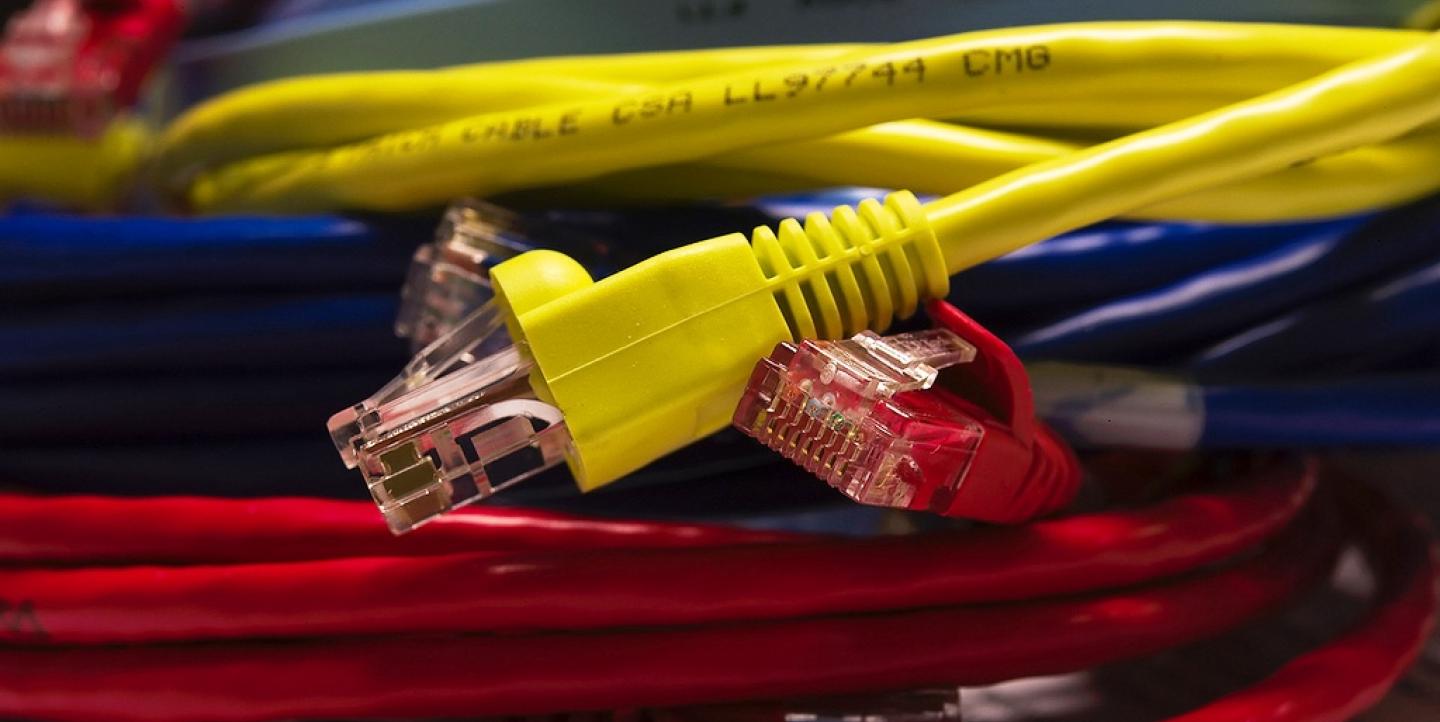Understanding the threat of DDoS attacks, newsrooms’ increasingly complex legal situation and more in this week's Digital Media Mash Up, produced by the Center for International Media Assistance.
Why DDoS attacks matter for journalists
On the evening of September 20, the website of computer security researcher and journalist Brian Krebs suffered a massive Distributed Denial of Service (DDoS) attack that ultimately took his site offline. While DDoS attacks are common enough, experts at Akamai, the Web-caching company also relied on by major news organizations, acknowledged this one was different. (Columbia Journalism Review, 10/26)
A daily’s loss in court may cause journalists to rethink how they communicate
Journalists across the country are assessing the fallout a week after a North Carolina jury awarded nearly US$6 million in libel verdicts against The Raleigh News & Observer and one of its reporters.
The case seems to provide more evidence that the growing unpopularity of media may translate into less-sympathetic jury pools when news organizations face lawsuits. Adding to worries among newsroom leaders are the ways outsiders, including jurors on the N&O case, interpret internal communications among reporters, sources and editors. (Columbia Journalism Review, 10/25)
Facebook intends to stop censoring newsworthy content by updating its community guidelines
Facebook is much more than a social media platform. For many of its 1.6 billion active users Facebook is a source of news, information, community, entertainment and more.
Catering to such a wide audience necessitates a more moderate approach to content. Visually disturbing content, nudity, graphic violence, etc. are not to everyone’s taste. Facebook claims to appreciate this fact and so far, its community guidelines have strictly enforced such policies.
However, in a recent blog post, Joel Kaplan and Justin Osofsky, Facebook’s VP of Global Public Policy and VP of Global Operations and Media Partnerships respectively, explained that these same guidelines only serve to censor news. This is something that Facebook has decided is unacceptable. (Tech2, 10/25)
A new era of internet attacks powered by everyday devices
When surveillance cameras began popping up in the 1970s and 80s, they were welcomed as a crime-fighting tool, then as a way to monitor traffic congestion, factory floors and even baby cribs. Later, they were adopted for darker purposes, as authoritarian governments like China’s used them to prevent challenges to power by keeping tabs on protesters and dissidents.
But now those cameras — and many other devices that today are connected to the internet — have been commandeered for an entirely different purpose: as a weapon of mass disruption. The internet slowdown that swept the East Coast on Friday, when many Americans were already jittery about the possibility that hackers could interfere with election systems, offered a glimpse of a new era of vulnerabilities confronting a highly connected society. (The New York Times, 10/22)
CIMA offers the Mash Up free via email. Sign up here.
Main image CC-licensed by Flickr via tlsmith1000.


